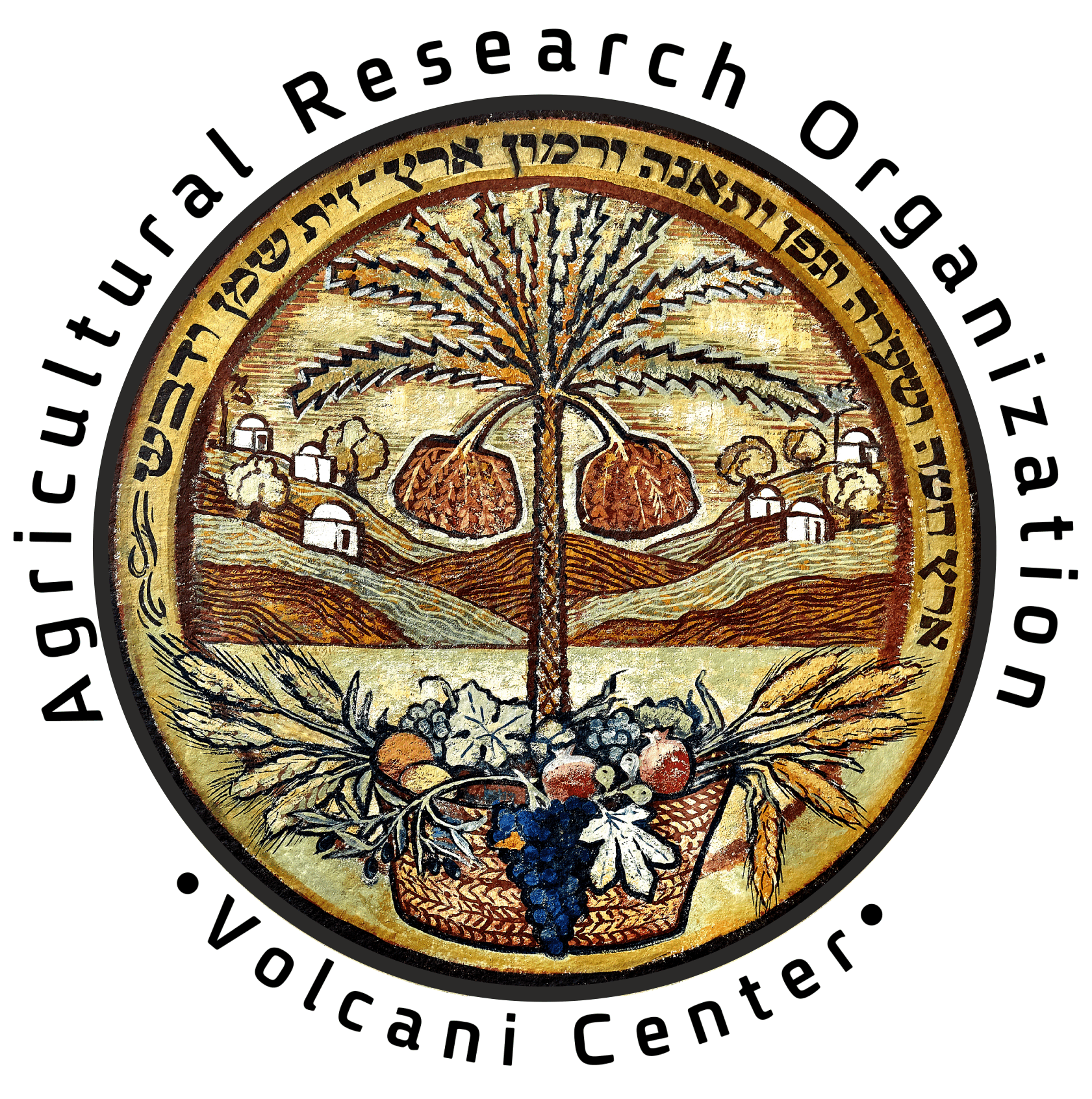Team Members

Shahar Baram
My research is directed towards a better understanding of the bio-chemo-geo-hydrological processes in soils, with the purpose of developing sustainable agriculture with improved yields, increased fertilizer use efficiency, and sustainable soil health and fertility.

Alon Gal,
M.Sc. student
My research is taking place at Avocado orchard which grow on clayey soil. My research objectives are to examine how 5 different methods of long term irrigation with treated wastewater are affecting on: temporary nitrite accumulation and on greenhouse gases emission from the soil to the atmosphere. Hopefully I will find something new scientifically.


Dr. Sandeep K. Malyan
Post Doctoral Fellow
Quantification of biological nitrogen fixation in orchards soil
The contribution of biological nitrogen fixation in agricultural crops special legume is significant. Currently, there is insufficient information about the extent of biological nitrogen fixation in orchards soils. The specific objective of this project is to quantify biological nitrogen in orchards soils

Yaniv Friberg,
Ph.D. student
.jpg)
There is an ever-growing production of biowastes from different origins and a multitude of stabilization processes. Many of these biowastes contain a high amount of phosphorus (P), which can be a suitable replacement for mineral P sources in agriculture.
In my Ph.D. I'm working on phosphorus (P) availability from different organic amendments and its behavior after utilizing is at the soil medium, and especially on the effect of organic matter amendment on P-soil-organic matter behavior.
We hope to better understand the long and short term effects of utilizing organic matter on P availability in soils.

Maya Weinstein,
M.Sc. Student
My masters are conducted in unique closed-root-zone lysimeters.
I am using different irrigation solutions, containing desalinated and saline water treated wastewater (from the Shafdan) and different levels of N fertilizers. I examine their effects on both the total N mass balance and the N cycle during different growing seasons. The N species are measured in the root zone, in the drainage and as gases emitted from the soil. We expect a shortage of oxygen, competition with Cl and availability of N as a nutrient will cause changes in yield and percolation.
.png)
Anna Berezkin, M.Sc.
Graduate of the Leningrad Agriculture Institute and the Hebrew University in Jerusalem.
I am working at Volacni since 1995 as a lab engineer.
Responsible for all the chemical analysis in the lab, which includes trace and major elements in
plant, soil, sludges and water samples.

